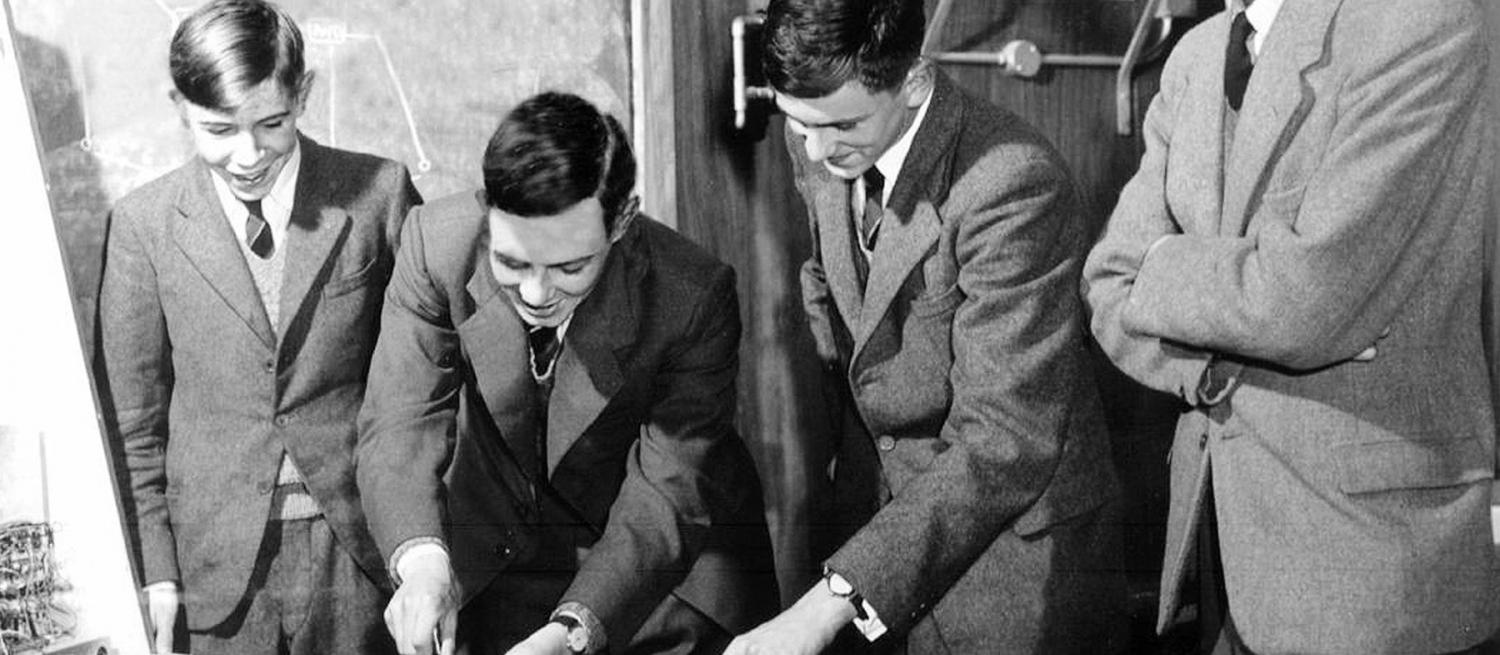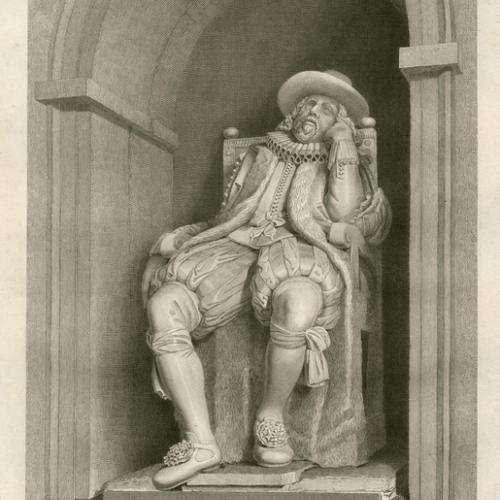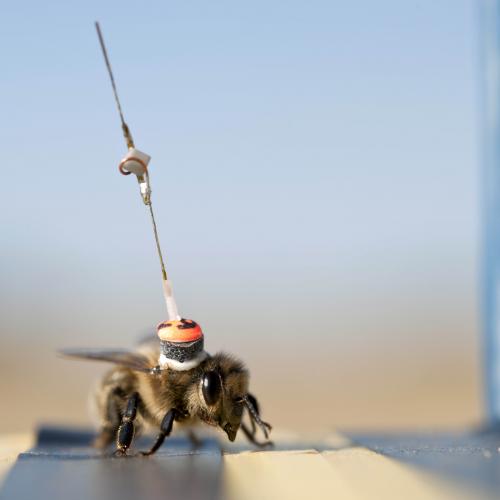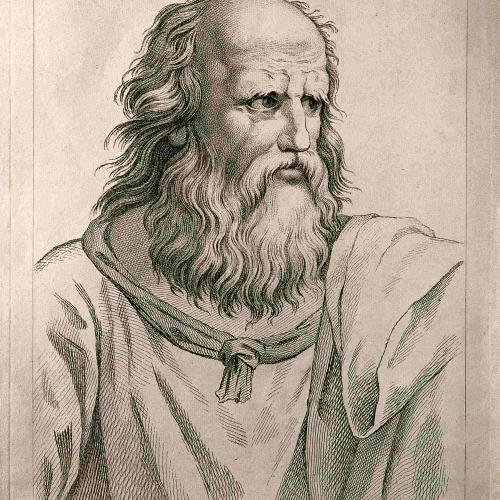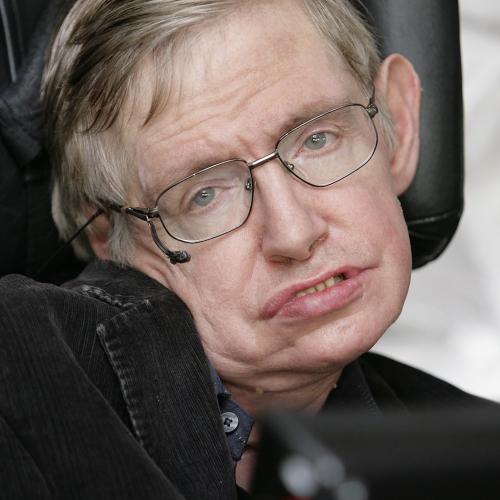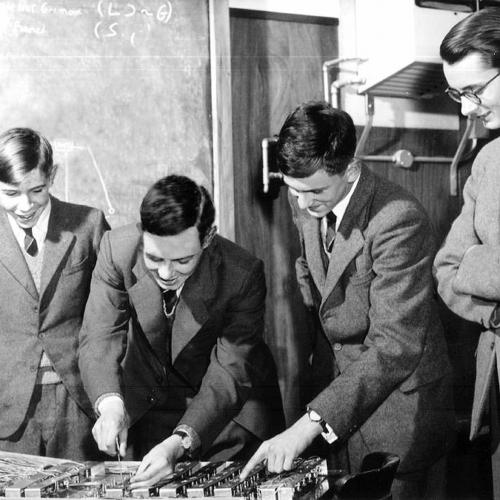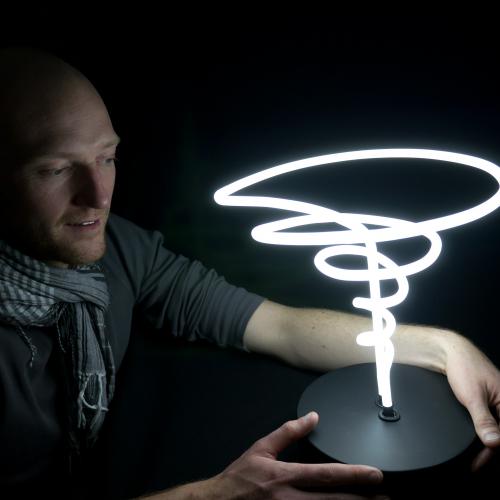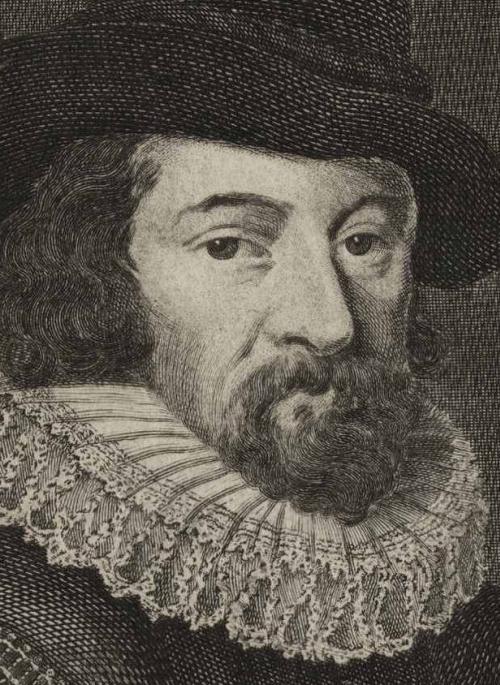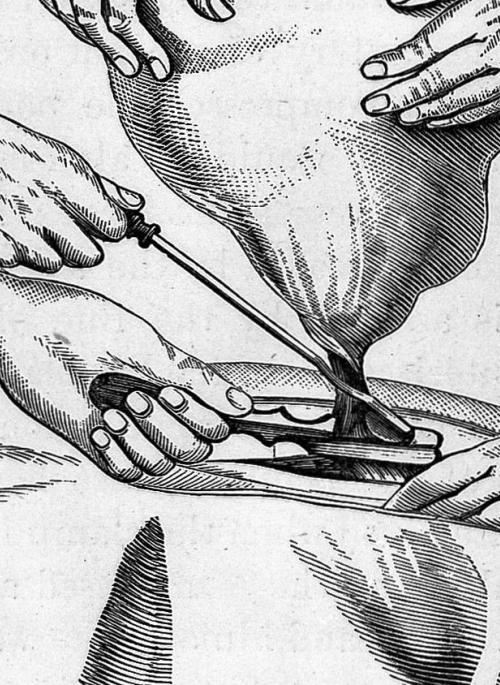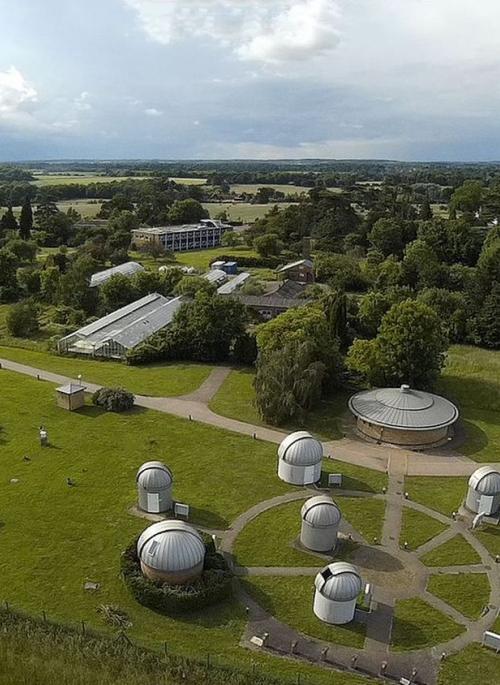Theories shape science and revolutionise the way we see our physical world. Stephen Hawking's theories popularised science around the globe; Francis Bacon warned of the danger of assumptions when developing hypotheses.
Idols of the Mind: False opinions and mistaken theories
In Francis Bacon’s book Novum Organum he describes people who simply observe as ants - collecting and using, and those people who try to reason theories from nothing as spiders, creating cobwebs. Instead, he encourages scientists to follow the course of a bee, gathering material from the flowers of the garden and then transforming it.
In this move from observation to theory Bacon warns that false opinions, prejudices and assumptions will prevent us from ever reaching the truth. In particular Bacon warns that there are four “idols of the mind” which should be avoided.
- Idols of the tribe
Errors that come directly from human nature; Bacon believes that human understanding is a false mirror that can distort what it observes.
- Idols of the cave
Errors we make because of our individual backgrounds, likes and dislikes.
- Idols of the market place
Errors which happen when talking to each other, especially when using vague or unclear language.
- Idols of the theatre
Errors or false opinions that are part of our traditions or cultures.
Stephen Hawking: The Theory of Everything
Professor Stephen Hawking (1942-2018) is one of the few theoretical physicists widely recognised by the general public. His work has shone a light on the origins of the universe and provided a deeper understanding of black holes.
One of Hawking’s most important theories was the prediction that black holes emit radiation. This is now known as ‘Hawking radiation’. He was a strong supporter of the ‘many-worlds’ interpretation of quantum mechanics; the theory that there are many worlds which exist in parallel at the same space and time as our own.
He helped popularise science with his bestselling book A Brief History of Time, which sold over 10 million copies, alongside appearances and portrayals in television programmes like The Simpsons and The Big Bang Theory and films such as The Theory of Everything.
Stephen Hawking and his family moved to St Albans in 1952 and they lived on Hillside Road. He was educated at St Albans School for Boys from the age of 11 to 17, when he won a place at Oxford University.
